A chum was in Waitrose a year or two back, and was bending down with some difficulty to look at the sandwiches when he realised the sprightly elderly chap next to him, eyeing up the cheese and celery, looked very familiar. It was the greatest tennis player of all time, the one and only Rod Laver, the Rockhampton Rocket himself. They had a pleasant chat, for the Rocket is nothing if not affable, and Laver agreed to call my pal’s tennis coach and say: ‘Hi, it’s Rod Laver here.’ The coach didn’t believe him, of course, but it was true. When you saw the ecstatic reaction of Centre Court last week as Laver, now 80, was presented with a special Wimbledon trophy you realised how lucky we are that he is still with us, and still charming everyone.
He achieved the holy grail, a calendar Grand Slam of all the tennis majors, not once but twice: the first in 1962, the second 50 years ago in 1969. He won Wimbledon in 1961 and 62, and again in 68 and 69. The gap was because he turned professional in 1962 and professionals were barred from Wimbledon until the start of the Open era in 1968, a fact that seemed to cause great puzzlement the other day among the youthful BBC Breakfast presenters, for whom a pre-Open era seemed something from a distant galaxy. Not surprising really: a very different authoritarian age.
Without it, Laver would certainly have dominated the championships throughout the decade. He won 11 slams, an extraordinary 200 singles titles, and every Davis Cup he played in. He is perhaps the only men’s player who stands comparison with Roger Federer, something the Fed has acknowledged.
In a fascinating chat with the Telegraph’s Oliver Brown last week, the Rocket was scathing about the failings of the coming generation, such as it is, of male tennis players. For those of us who wonder why no one is coming near to the level of the Big Three of Federer, Novak Djokovic and Rafa Nadal, Laver’s answer is simple and spot-on: they aren’t prepared to work hard enough. Sascha Zverev, Dominic Thiem and Stefanos Tsitsipas, the slightly arsey but talented Greek, have all tumbled by the Wimbledon wayside. Laver’s fellow Aussies Bernard Tomic and Nick Kyrgios have failed dismally, Tomic not bothering and Kyrgios endlessly betraying his immense talents by his whingeing sense of victimhood. Laver, who grew up on farming land in Queensland, knew what it was to work. We need more like him.
Meanwhile, the Big Three continue to take tennis to new levels. What are the chances of three of the best players in history competing in the same era? And seemingly getting even better in their thirties? I hope sports fans know they are witnessing something that will never be repeated. You could see the Rocket himself watching with awe from the royal box… and perhaps thinking how much he’d love to contrive a time warp that would see him have a bash against them.
There will be less affection today for some other Australians, our cricketing cousins who are taking the field for what should be a tasty Ashes warm-up. Now isn’t it time to consider drafting some of the high–performance one-day squad into the Test team? Coach Trevor Baylis thinks so, judging by what he told Radio 5’s Sportsweek. Surrey and England seem to regard Jason Roy as a white-ball player, a view his averages support. But he is clearly a transformative batsman and could be as effective for England in Tests as David Warner has been for Australia in both formats. Rory Burns has had a reasonable season so far — averaging just over 42 in 12 championship innings — but he will never cause a top Test bowling attack major psychological damage, something Roy is capable of.
Got something to add? Join the discussion and comment below.
Get 10 issues for just $10
Subscribe to The Spectator Australia today for the next 10 magazine issues, plus full online access, for just $10.
You might disagree with half of it, but you’ll enjoy reading all of it. Try your first month for free, then just $2 a week for the remainder of your first year.


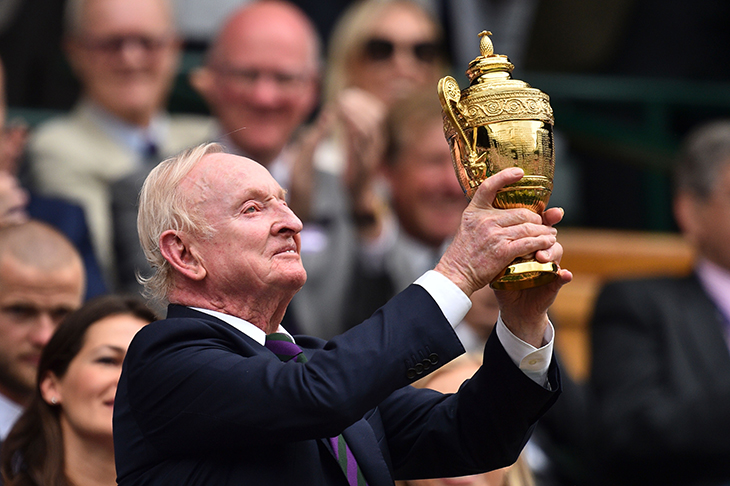
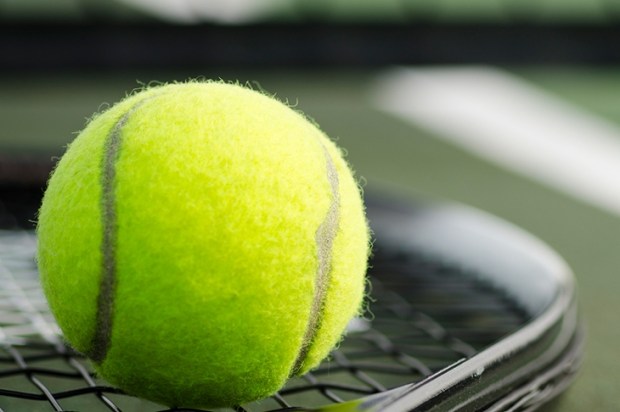
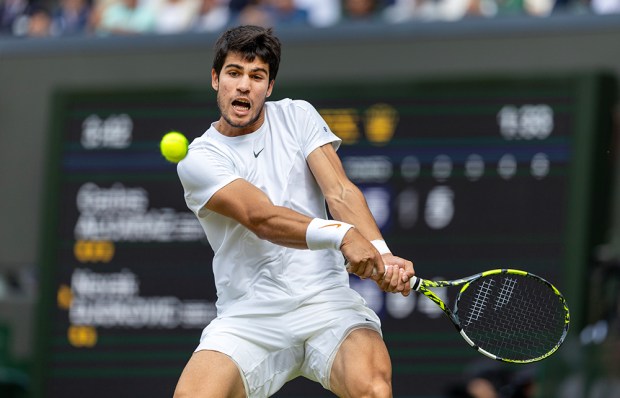
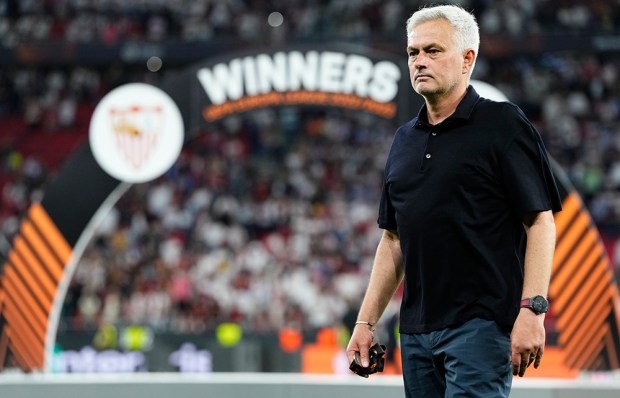
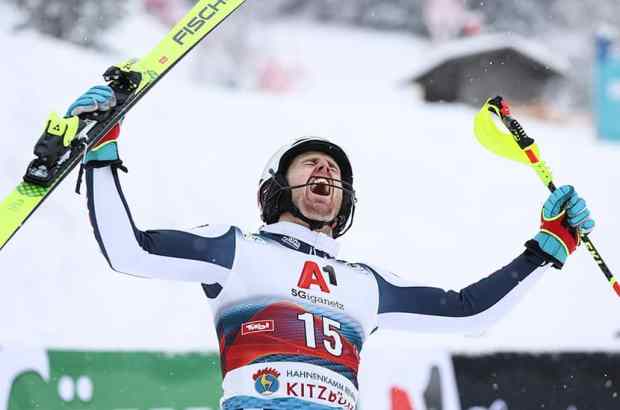
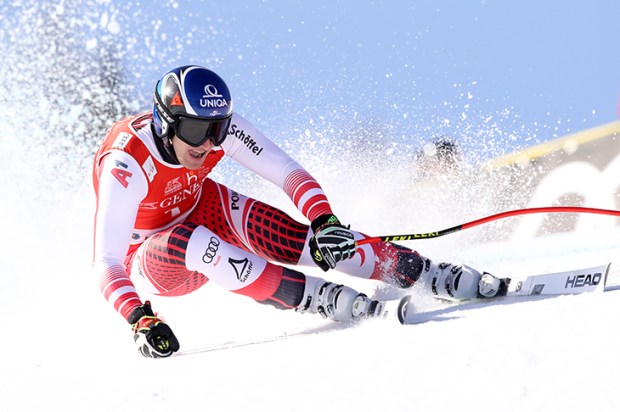
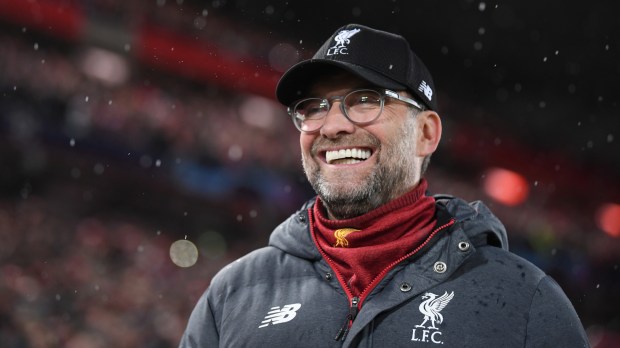






Comments
Don't miss out
Join the conversation with other Spectator Australia readers. Subscribe to leave a comment.
SUBSCRIBEAlready a subscriber? Log in